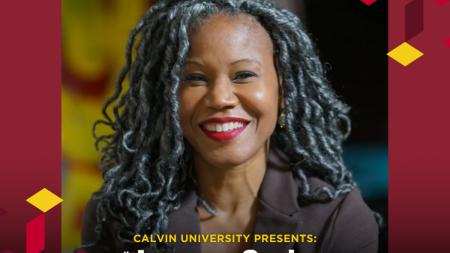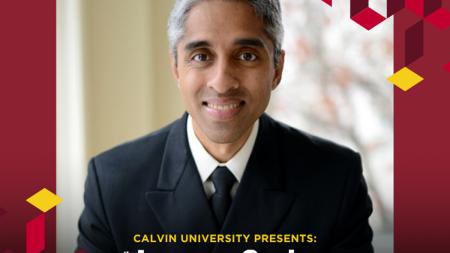World Renew Receives Sacred Spaces Grant

World Renew has received a grant from the Michigan Department of Environment, Great Lakes, and Energy (EGLE) to fund a pilot project focused on places of worship throughout Michigan. This pilot project will provide both retrofitting for energy efficiency and the opportunity to install solar panels for churches in low-income neighborhoods.
This pilot project is designed to address two challenges: first, the urgent need to address climate change through the reduction of greenhouse gasses; and, second, the harm caused by the climate crisis in low-income neighborhoods, which can least afford to make changes. Through this grant, houses of worship will be able to reduce their consumption of fossil fuels that they currently rely on for electricity, heating, and cooling.
Kris Van Engen, justice mobilizer with World Renew, notes that past environmental injustice makes this type of grant even more important: “We expect that this grant will be a resource for and bring deserved positive attention to leaders who are already making a difference on environmental justice issues in their communities.”
Not only will this grant help churches gain solar power and achieve energy efficiency, but it will also provide needed reductions in high electric and gas bills. The savings created by making these public buildings more energy efficient will allow houses of worship to be able to provide more help to their communities.
According to Richard Killmer, a consultant with the Climate Witness Project, this effort will provide a practical model for future net-zero efforts in the state of Michigan and throughout the United States. “This [grant] project will provide a model for government agencies, denominations . . . and philanthropists that want to help low-income congregations reduce their greenhouse gas emissions. They too can financially support the efforts by low-income congregations to achieve energy efficiency, consequently reducing their emissions.”
World Renew’s Climate Witness Project (CWP) will provide consultation and support, helping houses of worship to both apply for the grant and then work through the process of achieving energy efficiency. Van Engen looks forward to working with the selected churches. “The true leaders in this project will be the ten houses of worship who are willing to step up and partner with CWP and EGLE. Making renovations to a busy community-service-oriented building isn't easy, so we hope that we'll be able to provide support to make it a smooth process.”
Michigan governor Gretchen Whitmer lauded the grant, saying, “Houses of worship are often at the heart of community life, and the Climate Witness Project will help them save money and more effectively serve their neighborhoods. With these EGLE grants, congregations can invest in climate-friendly building upgrades and focus their resources on offering vital services to families and neighbors instead of paying high electric and gas bills. We will continue working together to lower costs and build a healthy, prosperous clean-energy future with faith communities and all sectors of our society and economy.”
The opportunity to provide affordable energy efficiency to houses of worship in low-income neighborhoods is an opportunity that Killmer is excited about. “Low-income people in the U.S. are also those who confront the climate crisis first and foremost. They do so at the same time they inequitably experience environmental degradation, which often confronts them where they live and work,” he said.
Van Engen agrees, pointing out that religious communities are also community leaders: “Houses of worship in lower-income communities in Michigan make significant impacts in the neighborhoods where they serve. They battle food insecurity, speak out for racial justice, help residents gain access to clean water, as exemplified during the Flint water crisis, and constantly partner with other organizations to contribute to positive change efforts in their communities. The state of Michigan has been doing great work to reduce greenhouse gasses and energy costs, and if these community-focused houses of worship can be part of those investments, it's a win-win for their neighborhoods and the environment.”
Grant applications for qualifying Michigan churches became available June 13, 2022. To learn more about grant guidelines and application steps, visit Sacred Spaces: Clean Energy Grant.


